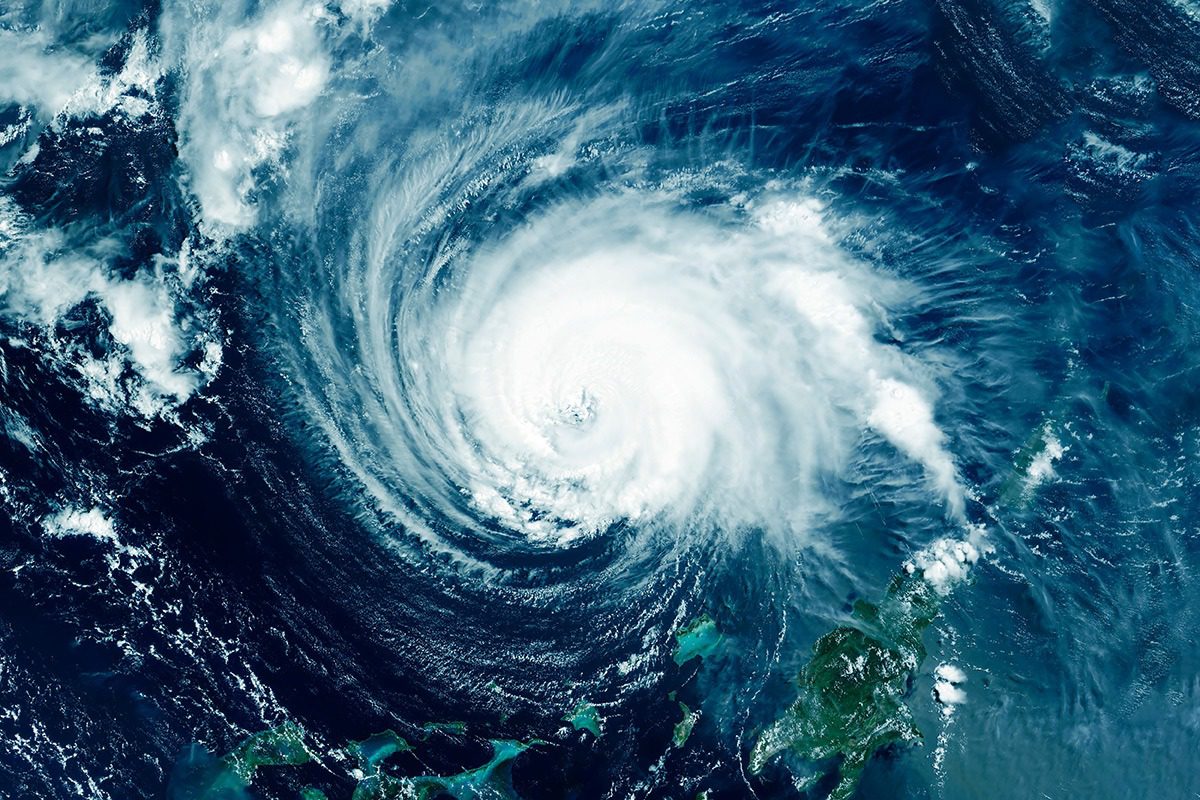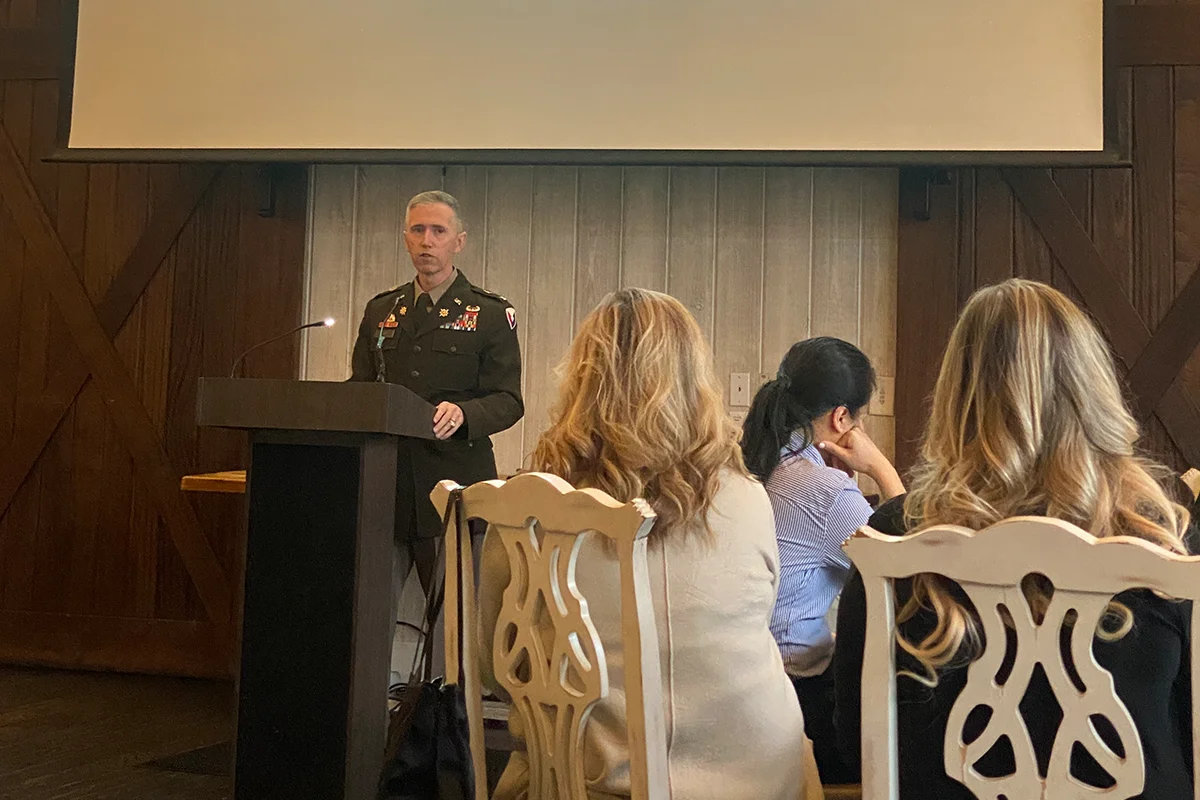Protecting Your Manufactured Housing Investment from Natural Disasters

In the wake of Hurricanes Helene and Milton’s devastating impact on Florida and North Carolina, the vulnerability of real estate investments—particularly manufactured housing communities—has been thrust into focus.
As extreme weather events become increasingly frequent, protecting these investments has never been more critical. Understanding the risks associated with these areas, planning for property resilience, and ensuring construction sites are safe during a severe weather event are key elements of how Real Projectives supports our clients. Below are recommended strategies for safeguarding manufactured housing properties against natural disasters.
Rigorous Risk Assessment During Due Diligence
Thorough due diligence is crucial for understanding and mitigating potential risks, particularly those associated with bodies of water:
- Geographical Analysis: Assess property locations in relation to water bodies and evaluate elevation differences.
- Flood Risk Evaluation: Determine FEMA flood zones and base flood elevations (BFE) for each property. For coastal properties, factor in projected sea-level rise to anticipate long-term risks.
- Futureproofing: Evaluate current drainage systems for capacity and futureproofing.
Disaster-Resistant Pre-Construction Planning
Implementing resilient design and infrastructure can significantly reduce vulnerability:
- Stormwater Management: Implement advanced drainage systems, including swales and retention ponds, to mitigate flood risks.
- Power Resilience: Integrate backup power solutions such as generators, transfer switches, and solar options to ensure community functionality during grid outages.
- Project Impact Analysis: Assess how new structures affect stormwater runoff and plan accordingly to protect both the community and surrounding areas.
Weather-Conscious Construction Management
Active management during the construction phase is essential:
- Weather Monitoring: Continuously track weather forecasts to align construction timelines and material deliveries with anticipated conditions.
- Proactive Site Security: In the face of impending storms, work with contractors to secure sites, from simple measures like tying down materials to accelerating timelines for building dry-in.
Swift and Effective Post-Disaster Response
Having a plan for rapid response and recovery is crucial:
- Coordinated Communication: Facilitate seamless information flow between contractors, property managers, and owners to ensure a clear understanding of the situation and remediation plans.
- Resource Optimization: Manage the deployment of cleanup and construction resources, balancing immediate needs with long-term project goals.
- Schedule Adaptation: Swiftly update project timelines based on required repairs and resource availability, minimizing delays and financial impact.
Prioritizing Resilience in Manufactured Housing Investments
Investing in manufactured housing communities doesn’t have to be a high-stakes gamble against nature. By implementing comprehensive risk assessment, resilient planning, proactive construction management, and efficient post-disaster responses, investors can significantly mitigate the impact of natural disasters on their portfolios.
As extreme weather events become more frequent, the importance of these strategies will only grow. Investors who prioritize resilience in their approach to manufactured housing communities will be better positioned to protect their assets, maintain property values, and ensure the long-term viability of their investments.
Real Projectives, a national real estate consulting firm, specializes in helping investors implement these critical strategies. With our expertise in risk mitigation and project management, we offer a proactive approach to protecting investments and maximizing returns, even in the face of natural disasters. If you’re looking to disaster-proof your portfolio, consider partnering with Real Projectives to build resilience into your investments. Contact us today to learn more about how we can help safeguard your manufactured housing communities against natural disasters.


